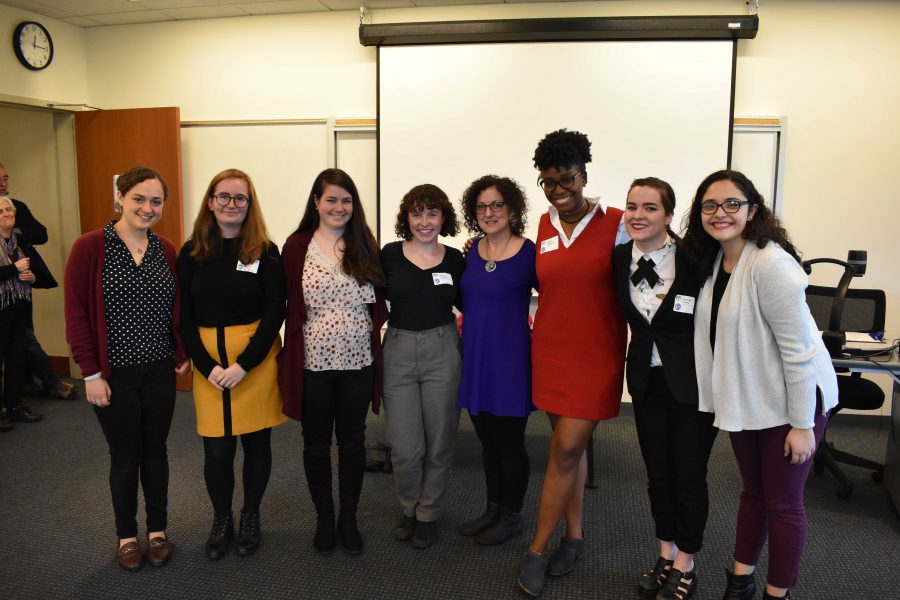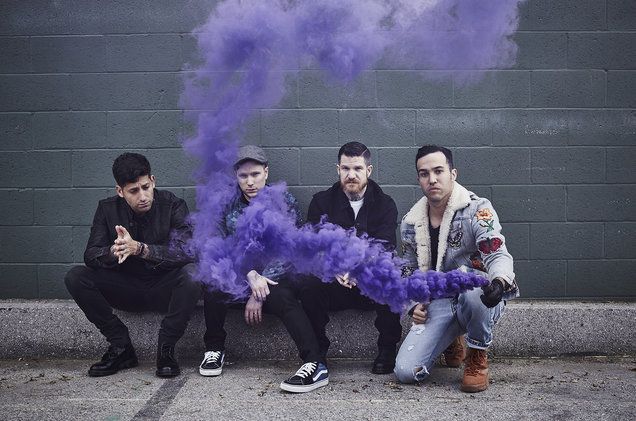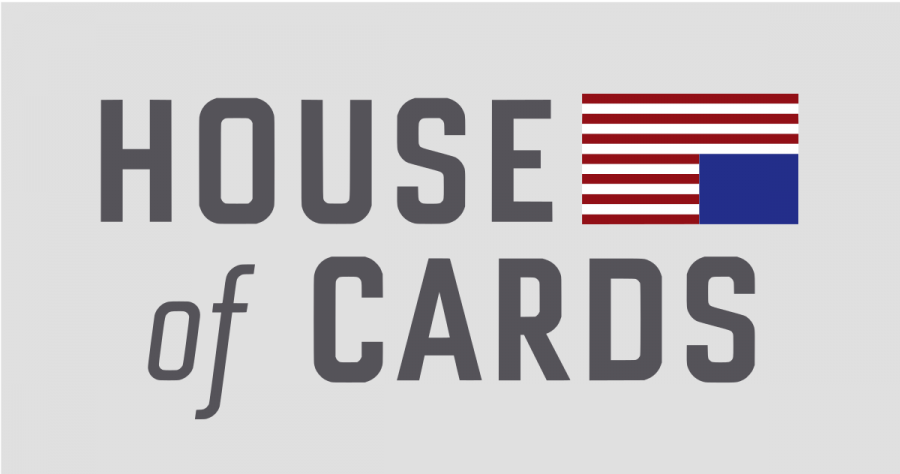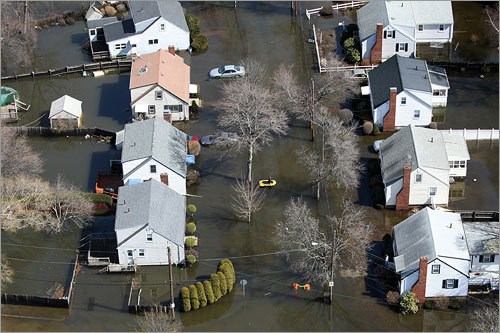By Elizabeth McNamara
Contributing Writer
On the morning of October 22nd, a gunman fatally struck a soldier guarding the tomb of an unknown soldier at the National War Memorial in Ottawa, then entered Canada’s parliament building and fired more shots before being shot dead by authorities. Ottawa schools and universities went into lockdown shortly thereafter, while MPs tweeted from inside the building, reporting chaos and gunfire, and confusion about the number of attackers.
That afternoon, the assailant and the corporal, Nathan Cirillo, were confirmed dead. While the lockdown continued until the evening, armed officers flooded parts of Canada’s capital, checking buildings and asking stores to close, securing the area and investigating the possible threat of snipers.
The shooting at the Canadian parliament was the second deadly attack on Canadian officers in three days. The fear of terrorist attacks were already heightened as two days prior, a radical jihadist killed one Canadian soldier and injured another in a hit-and-run car crash, deemed a terrorist attack by the government.
Law enforcement confirmed the identity of the assailant as Michael Zehaf-Bibeau, a convert to Islam who had changed his name from Michael Joseph Hall. He had had a criminal history including charges of theft and drug possession.
For Canadian citizens, concerns persist that their prime minister, Stephen Harper, has been too outspoken in his criticism of terrorist attacks and of ISIS, and many worry that he has placed Canada in harm’s way. On the day of the shooting, he had been expected to introduce new antiterrorism legislation.
“We will not be intimidated,” Harper stated in a televised address on the night of the shooting. “Canada will never be intimidated.” Although he acknowledged that Canada was not immune to terrorist threats, he stated that acts like this would only strengthen their resolve against terrorists and promised that they would find no safe haven in the country.
However, Harper also spoke of a link between Zehaf-Bibeau and the hit-and-run attacker to ISIS, a link which has yet to be proven. BBC reports that although Foreign Minister John Baird affirms that the gunman had indeed been radicalized, he was not considered a high-risk individual. Further, there is no evidence yet of a connection between Zehaf-Bibeau and Middle Eastern Islamist extremists. Law enforcement officials report that he seemed to have acted alone.
Michael Zehaf-Bibeau, 32, had been staying mostly at a homeless shelter and trying to buy a car. Other residents of the shelter report that people were trying to help him, but his behavior was strange.
Dave Bathurst had been a friend of his after they met in a mosque several years ago. Bathurst said that Zehaf-Bibeau hadn’t initially seemed to hold any extremist views but that he sometimes acted bizarre. He says that he suspected his friend was mentally ill after they had a conversation in which Zehaf-Bibeau said “the devil is after him.”
His mother, Susan Bibeau, worked at Canada’s Immigration and Refugee Board and his father, Bulgasem Zehaf, originally from Libya, managed a cafe in Montreal. They had been divorced since Zehaf-Bibeau was a teenager.
Susan Bibeau wrote a lengthy statement to Postmedia News, trying to offer some insight into her son’s motivation for the attack. She wrote that Zehaf-Bibeau had been anxious to travel to Saudi Arabia but had grown frustrated as his passport approval was delayed. She also attributes much of his poor mental health to a heavy drug addiction, for which he had refused help. Bibeau and her son had only recently reconnected after a five-year estrangement.
“I believe he acted in despair,” Bibeau wrote, describing her son as being “at odds with the world.” She also writes that she wants to mourn the loss of her son, but is too angry and ashamed.
In a joint statement by both of Zehaf-Bibeau’s parents, they expressed their sorrow for Cirillo’s death, and apologized for the “pain, fright and chaos” their son had created.












